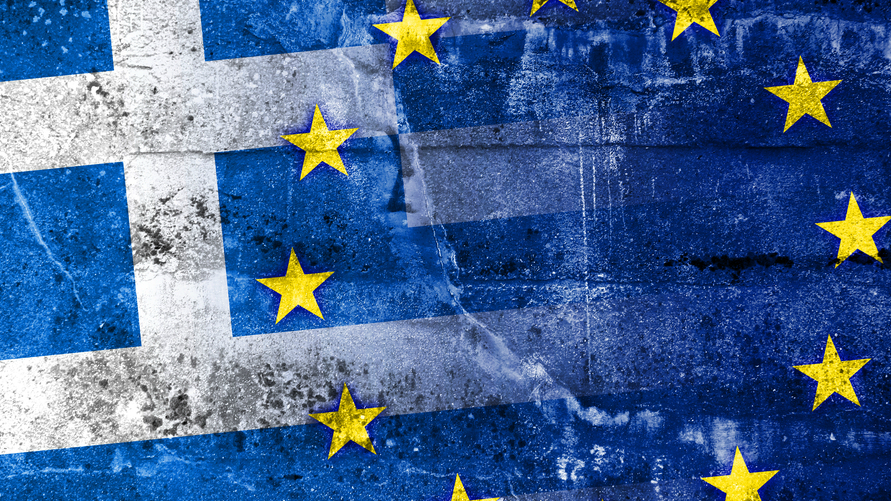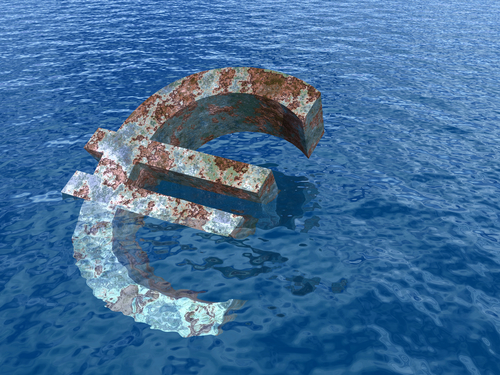The Euro Zone: It’s All Greek to Me

What’s the Big Idea?
Investors have responded predictably to all this volatility, with European stock markets rising and falling literally headline by headline, and diving sharply at the closing of a disappointing G-20 summit with few bright ideas for stabilizing the troubled Euro Zone.
The problems Europe now faces, says economist Daniel Altman, author of Outrageous Fortunes: the Twelve Surprising Trends that Will Reshape the Global Economy, are the inevitable result of tying disparate economies together under a single currency. While the European Union has succeeded in one of its founding aspirations – ending war between European powers – the Euro Zone struggles under the impossible burden of a running a one-size-fits all financial system for economies with widely varying cultural underpinnings and growth potential.
In this mini-lecture for his Big Think blog Econ201, Altman examines the origins of the Euro Zone and some of the inherent challenges it faces.
What’s The Significance?
The current rescue package will add EUR109 billion – about 157 billion U.S. dollars – to the EUR110 billion the country received last year. In the midst of a global recession, Northern Europe will not support such bailouts indefinitely. Neither will Greece, which fears the increasing debt load to foreign governments. Greece’s debt is already enormous, and will increase dramatically under the new agreement, leaving the Greek government in the difficult position of trying to kickstart economic growth while cutting back severely on expenses.
Perhaps the referendum wouldn’t have been such a bad idea, wrote Altman in a recent Econ201 post, if it had resulted in Greece’s return to the drachma and liberation from a central banking system that can’t respond quickly or precisely enough to its unique economic needs. Altman argues that a Greek departure would be an ideal opportunity for the Euro Zone to create “firm rules about how countries can enter and exit the euro, [making the currency] much stronger in the long term. Right now, these rules are missing, creating uncertainty that hurts investment in euro-denominated assets.”
The world is watching closely. The creation of the European Union was an unprecedented political and economic experiment, and a triumph of diplomacy. Its historical legacy, however, depends upon how skillfully its members and leaders handle the inevitable pressures such an ambitious and heterogeneous system must face.
Image Credit: Domen Colja/Shutterstock.com





